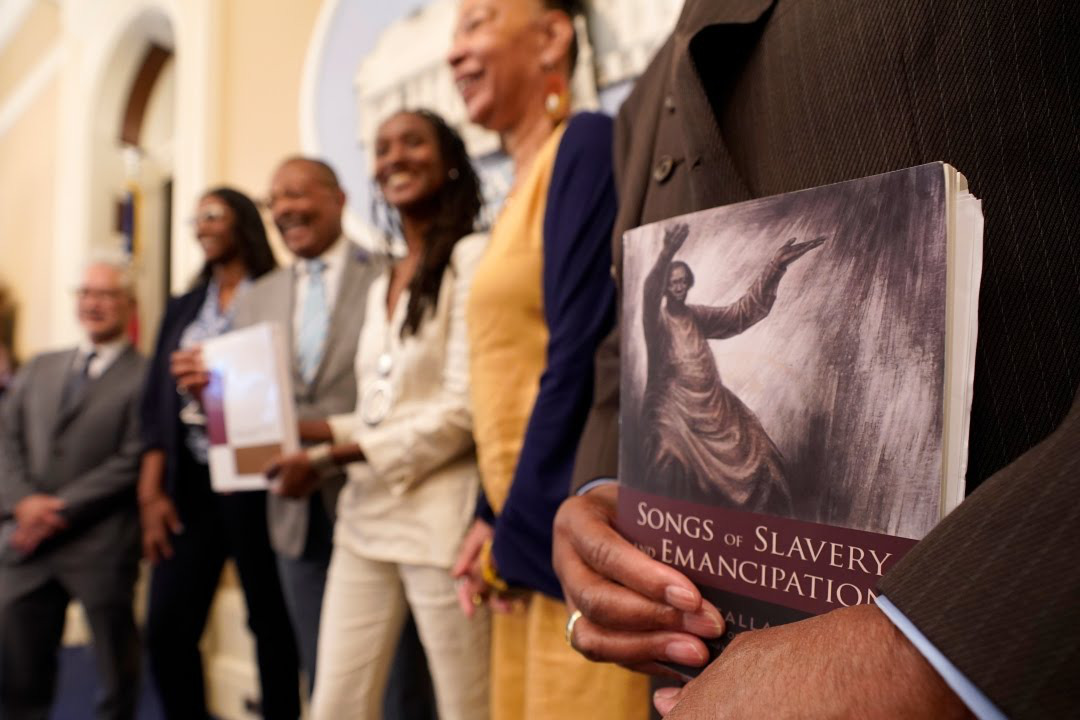A new study conducted by Georgetown University shows that if the U.S. Supreme Court bans racial consideration in college admissions, the amount of minorities at highly competitive colleges will likely come to a standstill or simply decline altogether.
The court, which is now conservative-leaning, will issue rulings in the upcoming weeks regarding the legality of race-conscious admissions at the University of North Carolina and Harvard.
Students for Fair Admissions, the group suing Harvard and UNC, argues that class-conscious admissions would allow schools to create a diverse student body and boost disadvantaged students without focusing on race.
But a study released on Tuesday by Georgetown University’s Center on Education and the Workforce found that admissions practices that consider class but not race would still leave selective colleges without the representation of Black, Hispanic, Indigenous and Pacific Islander students seen in U.S. high schools.
To increase enrollment of all underrepresented groups on campus without race-conscious admissions, the study said, schools would need to overhaul the entire process.
That would involve eliminating the consideration of students’ athletic talent and their ties to school alumni or donors — factors that largely benefit white, affluent applicants, the study said.
About 60% of top U.S. colleges consider race as a factor in admissions, according to 2015 estimates.
The study’s authors said it was unlikely that schools would universally adopt class-conscious admissions.
Many colleges without large scholarship budgets would be limited in their ability to select applicants who can’t pay full tuition, which could further erode diversity, said Anthony Carnevale, head of the Georgetown center and lead author of the study.



Join the Community and Be a Part of the Conversation
You must be logged in or registered to post a comment.